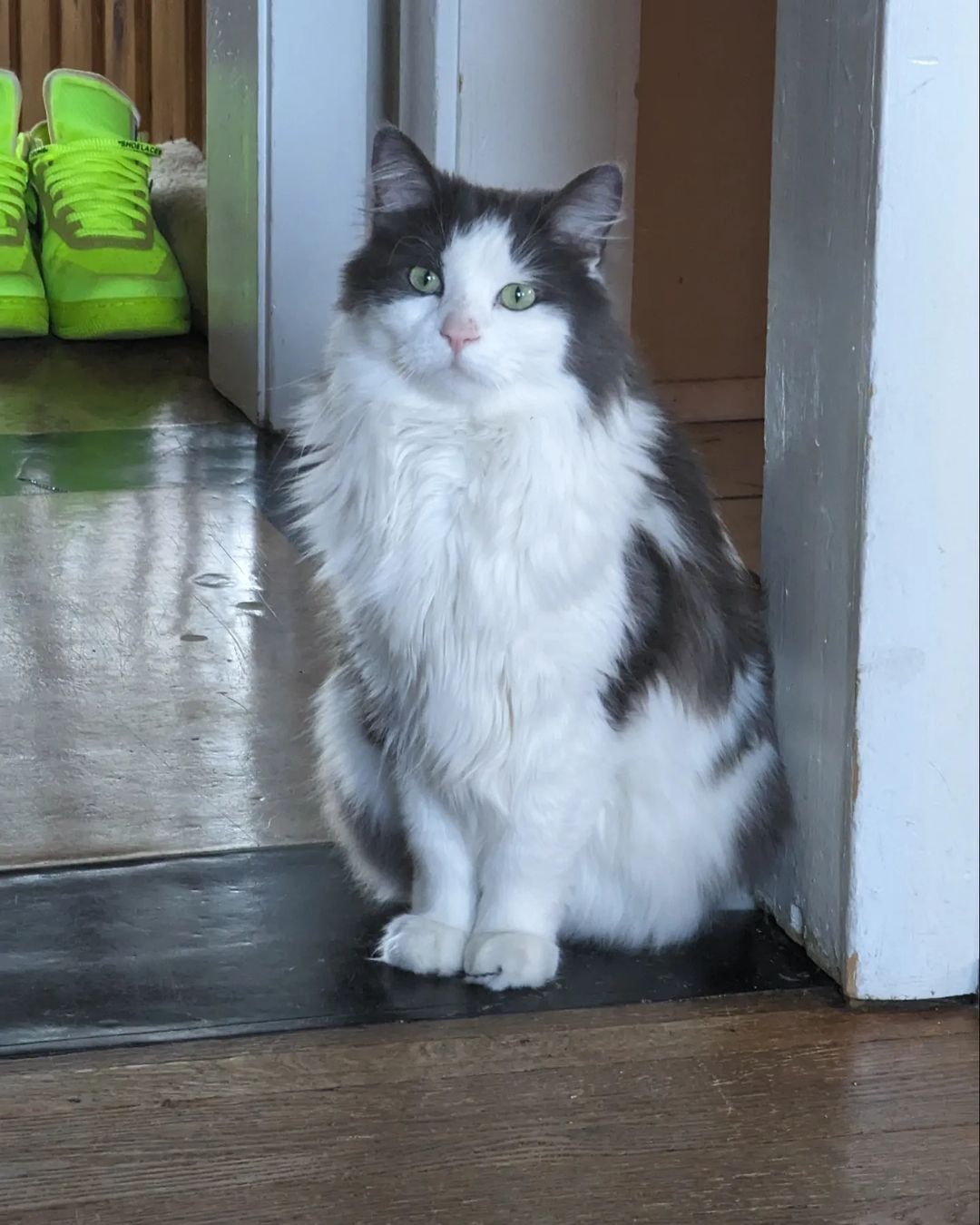

This was the big thing for the sequel for me - it kind of just treated it as a fantasy world. An actually interesting film would have been written with the question of how computers have changed in mind. What would the concept of Tron look like in the modern age?
Ralph Breaks The Internet is actually s better sequel…







I gave examples of having a root in language - specifically, the English language.
But, okay, a name has to have all of those things when coined to not be stupid. That would mean that you have equal disdain for Vanessa? It was coined by Jonathan Swift. It has none of the things you claim are important. It’s just a combination of two syllables taken from a friend’s last and first name - Esther Vanhomrigh. Myra? Coined by Fulke Greville, it’s just an anagram of “Mary”. Wendy? Coined by J. M. Barrie, it’s taken from a young girl mispronouncing the word “friend” as “fwendy”.
There’s plenty more. I’m sure you’re equally annoyed by all of these, rather than accepting them as perfectly fine and normal because they were coined before you were born.
I mean, at least you’ve dropped the facade that you have a reasoned, linguistic rationale for your dislike and are now leaning into “it’s stupid because I personally don’t like it”.
Okay, so, “-ly” is equally valid as an English place-name spelling varient of “leah”. Don’t believe me? Ask the English Place-Name Society: https://www.nottingham.ac.uk/research/groups/epns/documents/journal/49-2017/jepns49-2017-wager-95-126.pdf
Again, it’s good to see you dropping the pretence of having a reasoned position.
You’re right, spellings should only change if it also changes the meaning of the word. That’s why I shame people for calling their children Amy rather than the original Aimee; Edith rather than Eadgyth; Alice rather than Aalis; Walter/Walther rather than Waldhar; and so many more.
You’re definitely right about Emmaleigh. The only proper way to spell it is Emelye. All subsequent spelling changes is just hipsters who aren’t changing the meaning at all. Imagine calling your daughter a stupid as fuck, dumbass name like “Emily”! For shame!